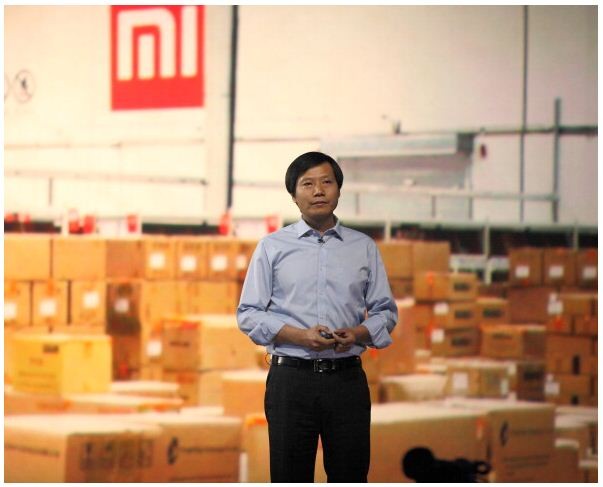As part of Xiaomi's global move, the Beijing-based tech firm announced that it now is all set to take on the world's smartphone market currently being reigned over by giants Apple, Samsung and Huawei, news portal RT.com reported.
According to the article, the Chinese electronics company is the first to produce a smartphone powered by a custom chipset. It is also the fourth smartphone maker to have self-designed processors.
Xiaomi's Surge S1 chipset was developed by Pinecone, a subsidiary of the tech firm formed back in 2014. RT.com noted that the "new custom processor is designed to enhance the user experience by making the phone's software and hardware more cohesive."
For Lei Jun, Xiaomi's CEO, "the ability to create its own chipsets is the pinnacle achievement for any smartphone company." He made the remarks during the launching event of the China National Convention Center in the Chinese capital, Beijing.
"China is now on the cutting edge of microchip technology. Xiaomi's release today is strategically significant," tech analyst Sun Changxu shared, as cited by AFP.
Prior to the self-designed processor, the firm has used chips from America's Qualcomm and Taiwan's MediaTek.
During the event, Lei also extended his gratitude to local officials who encouraged the company "to invest in a microchip despite our lack of experience."
Despite this feat, some analysts argued that they are doubtful of the newly launched product, stating that "optimizing smartphones' characteristics, and processors don't drive sales of cellphones," RT.com wrote.
Last year, Xiaomi was the country's no. 5 firm in terms of Chinese smartphone sales. It was the list-topper back in 2015.
Apart from Xiaomi, State-owned Tsinghua Unigroup announced at the event its plans to reduce its dependence on technology provided by foreign firms. The country's largest chip maker revealed that they are going to invest $30 billion for building a new semiconductor factory.



























